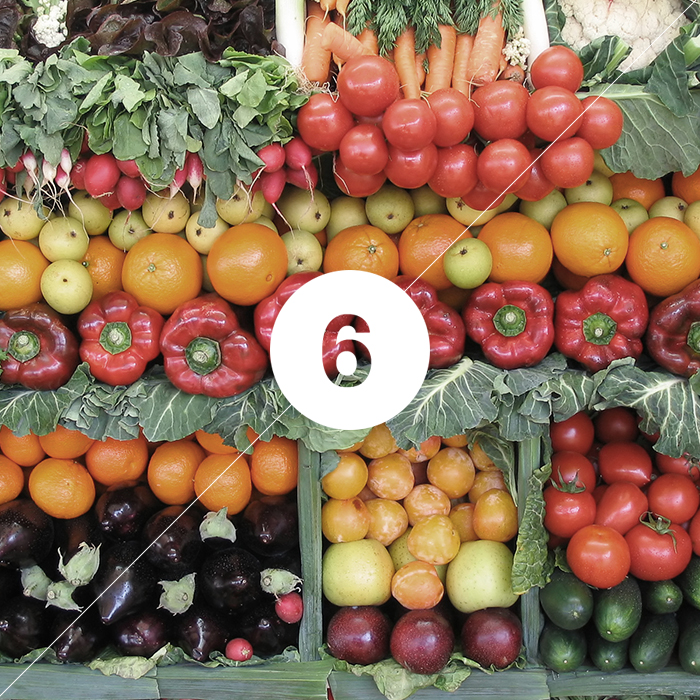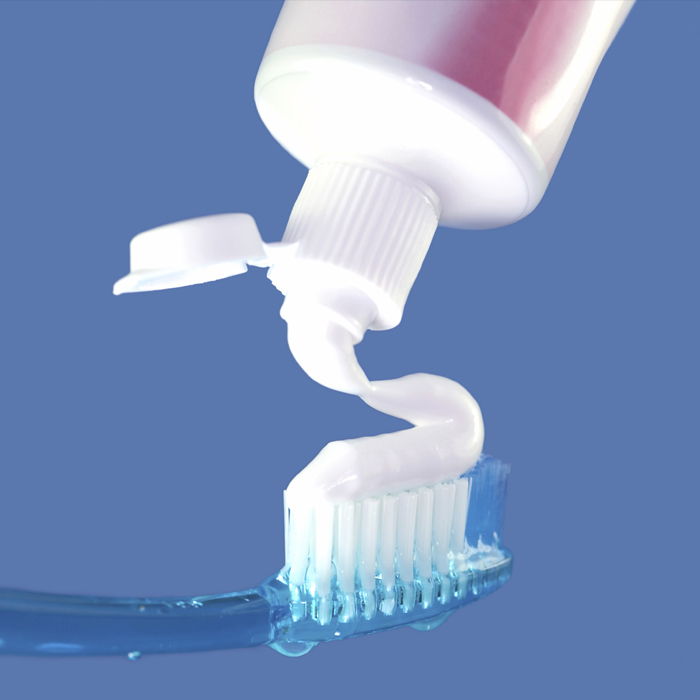Do you know where your money goes, or does it kind of just disappear from your account? A budget—even a basic, barebones one—is one of the best ways to make sure you’re spending less than you earn, and starting early is important. When you’re young and your career is new, you don’t have a lot of money. Getting into the habit of categorizing your bills and tracking your expenses will help prevent a lot of financial problems before they start. If you’re making a budget for the first time, it may be easier to start with paper, a pen, and a calculator, but we’ll get to more advanced tools you can use to show you how to set up a budget in a bit.
Start by calculating how much money you make in a month. If you get paid hourly, multiply your wage by the typical number of hours you work each month. Then, write down all of your regular expenses. This includes recurring costs like your rent or mortgage, utilities, car payments, and so on. For more complex things like food, you may need to track what you spend over time. Gather up your receipts for the past few weeks, or use your bank’s transaction history if paperwork isn’t your thing. If you can’t get a precise number, estimate in the meantime. Then, keep track of all your expenses for the next month or two. At the end of each month, add everything up to see how much you’re spending in each category.
Ideally, the amount you spend in a month should be lower than the amount you earn. If it’s not, start going over your list and see which expenses you can cut down on until it is. If you have to, cut ruthlessly. For some, it may be as easy as cutting those lattes, but for others, you may have some big decisions to make—like whether you can afford to live in that expensive city.
Once you get the hang of tracking your expenses, you can try using a service like Mint to manage it for you. Connect your bank account and it will automatically tag your transactions, so you can easily see how much you’re spending on bills, groceries, restaurants, shopping, and other categories. You can also use it to set budgets for different things like groceries or entertainment and get notified when you’re going over. So you’ve gotten into the habit of tracking your spending, and now it’s time to create that budget. There are a few different philosophies here. Some people prefer to have a very detailed transaction history with strict allotments for expenses like food, clothing, and entertainment. Others… suggest dividing your money into four categories:
- Fixed costs (50-60%): This should include every cost that you know is coming each month, that rarely change. That means rent, gas, power, groceries, your cellphone bill, and anything else that generally stays the same. Some of these may vary a bit from month to month, but are at least somewhat predictable, and are necessary for regular life.
- Investments (10%): As you build your savings (which we’ll discuss later on), you’ll eventually want to invest some of your money so it grows over time. If you have any investments like a company 401(k) that come out of your paycheck, you can count it here.
- Savings (5-10%): Short- and long-term savings should go in this category. This includes saving up for vacations, gifts, or large purchases like a new TV or computer. You should also include an emergency fund —which is just a block of money you keep in a savings account for unexpected emergencies like car repairs or sudden bills—in this category.
- Guilt-free spending (20-35%): This category is where you can put whatever you want. Dining out, drinking, or splurging on entertainment is often seen as a financial vice, but the truth is, we do these things because we enjoy them. As long as you have the other three categories covered you can spend this money without feeling guilty about your budget.
You can (and should) adjust the percentages based on your age, your financial goals, and what you find important. Remember: the more you save, the more money you’ll have later on to buy a house, retire early, or achieve other goals.
Ultimately, budgeting just means knowing where your money is going and planning ahead. If you don’t want to go to the trouble of writing down every single dime you spend at the gas station, this model will still cover most of what you need to budget for. The only thing you need to decide is how much you’ll place in each category. We’ve included recommended percentages as a guide, but you can adjust as needed. If you can’t afford to save or invest 10% of your income after expenses, save what you can. You can also add more to your savings rather than forcing yourself to spend 20% of your budget on guilty pleasures. The more you can save, the better!
Source: lifehacker.com [Edited]










